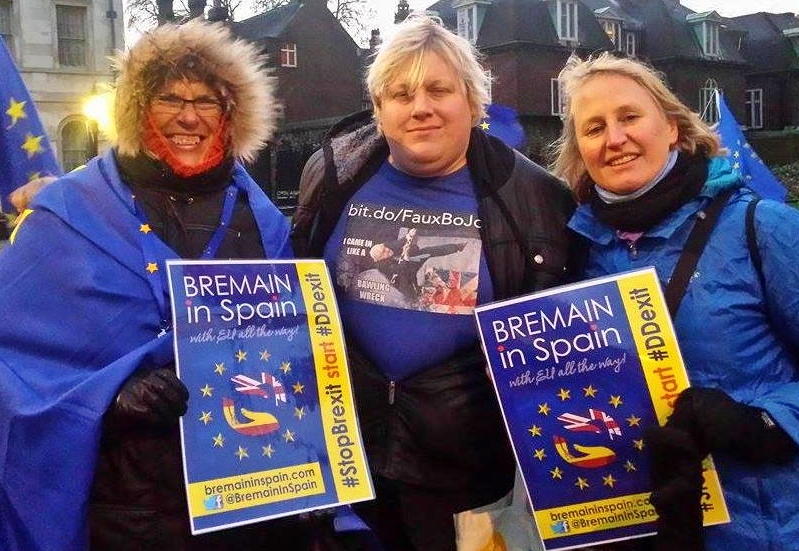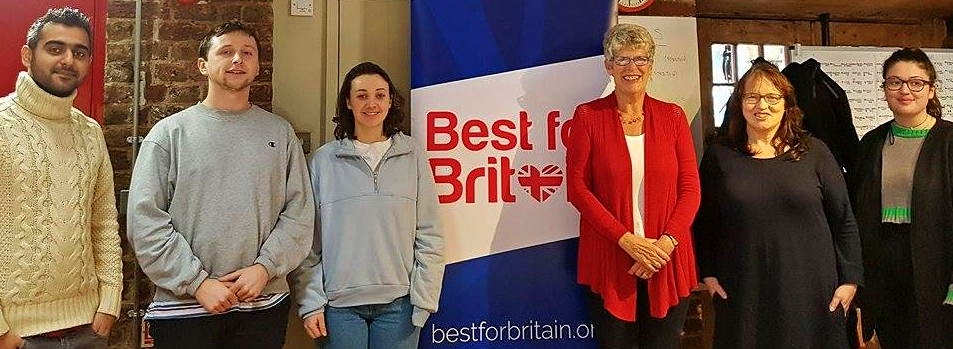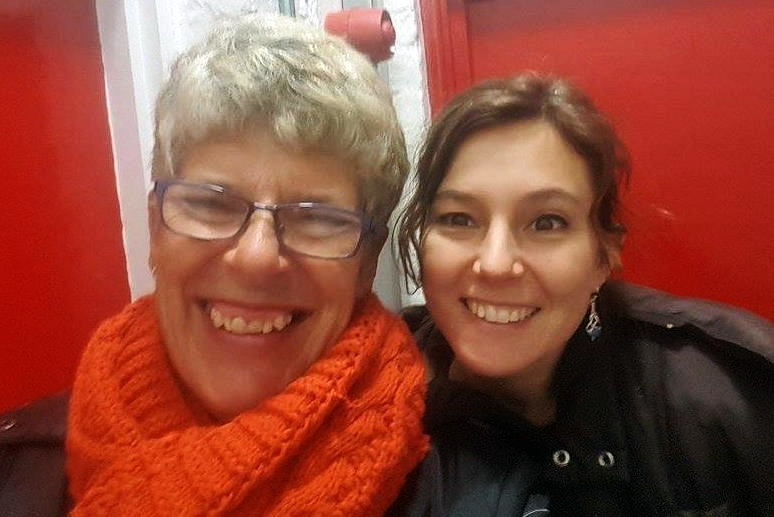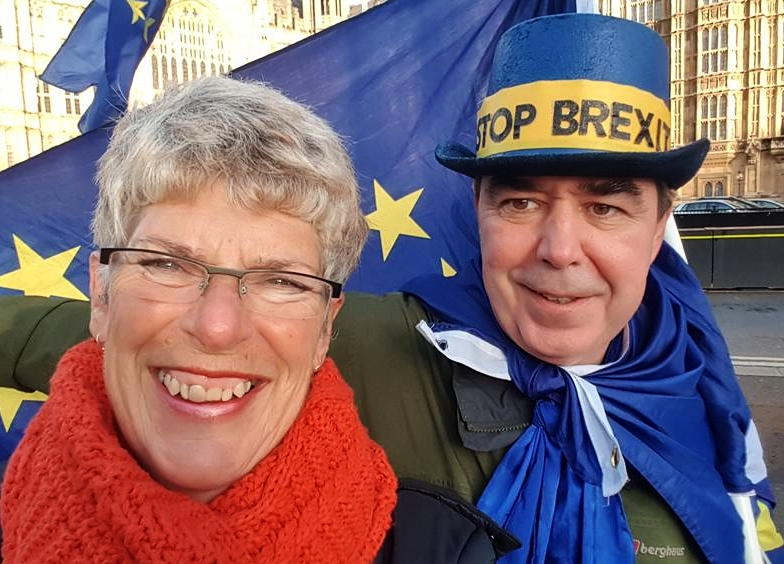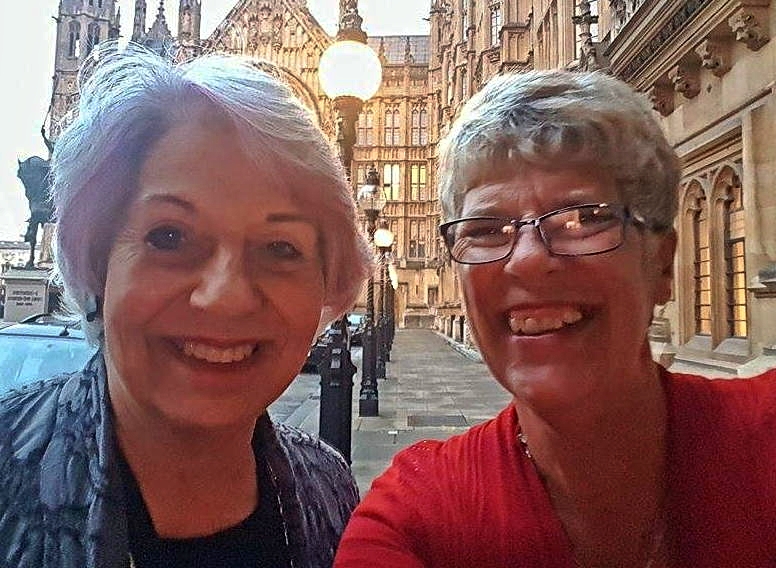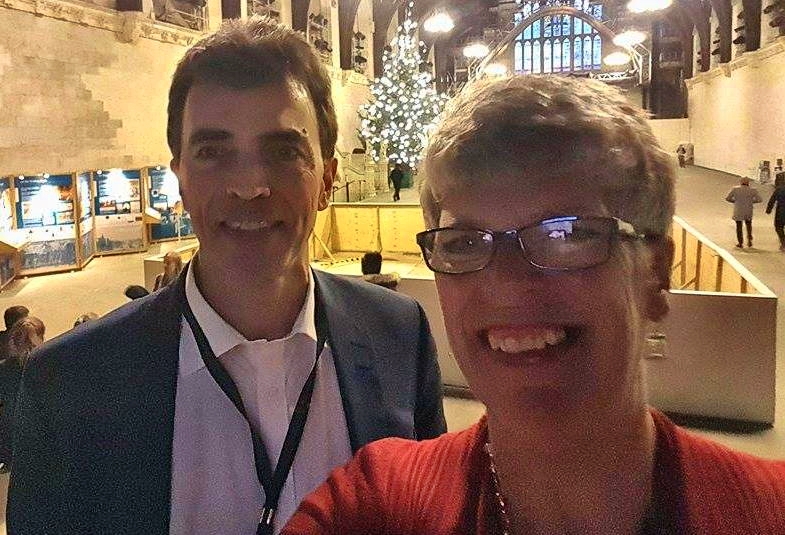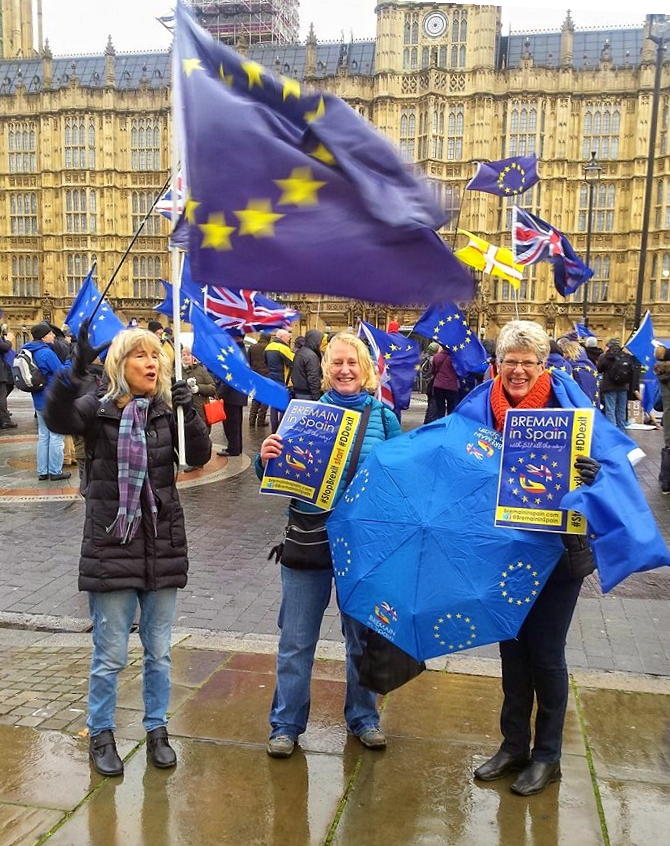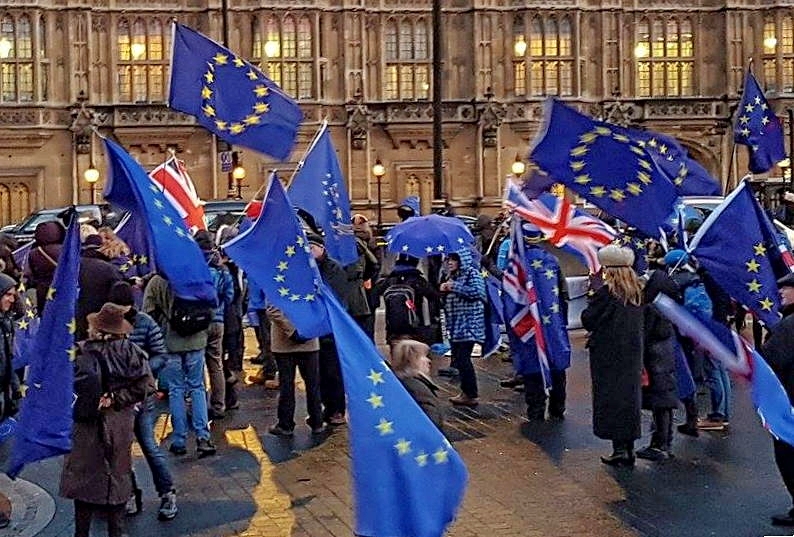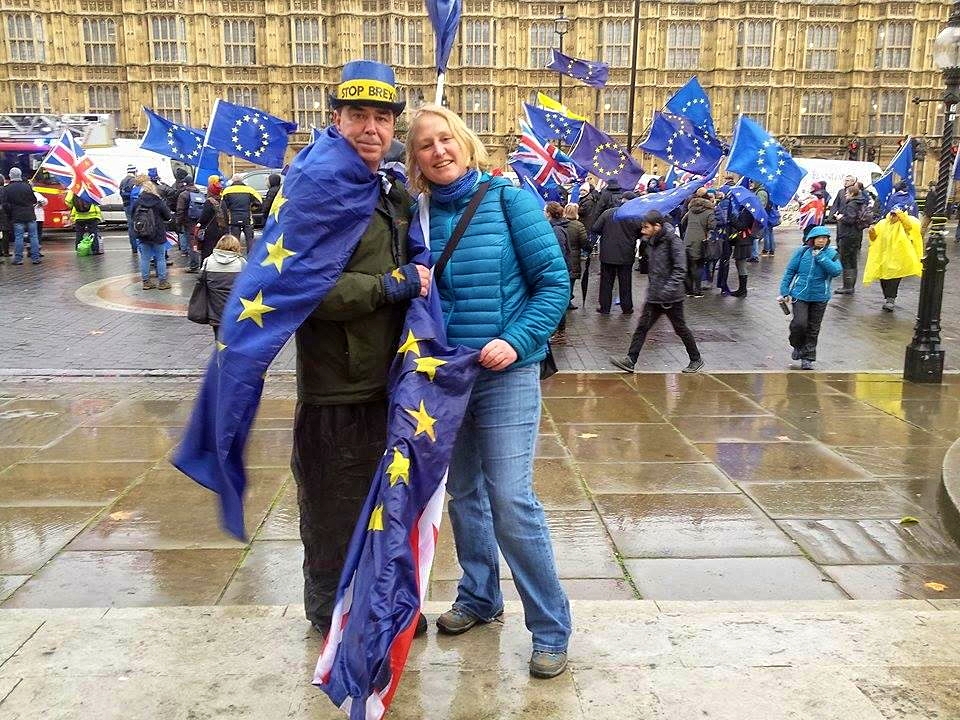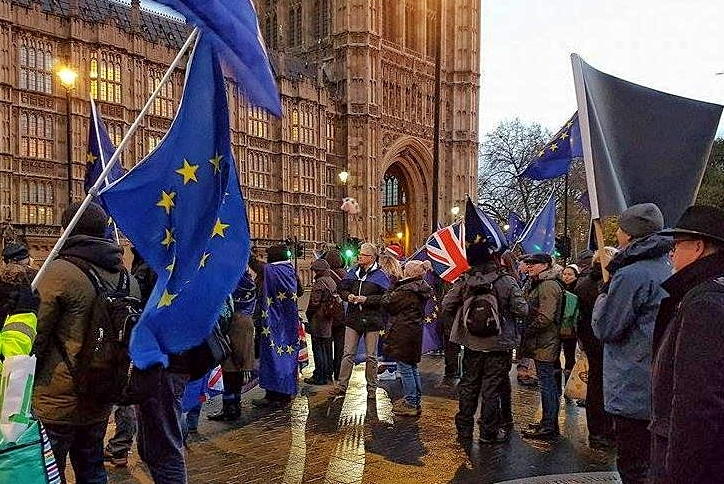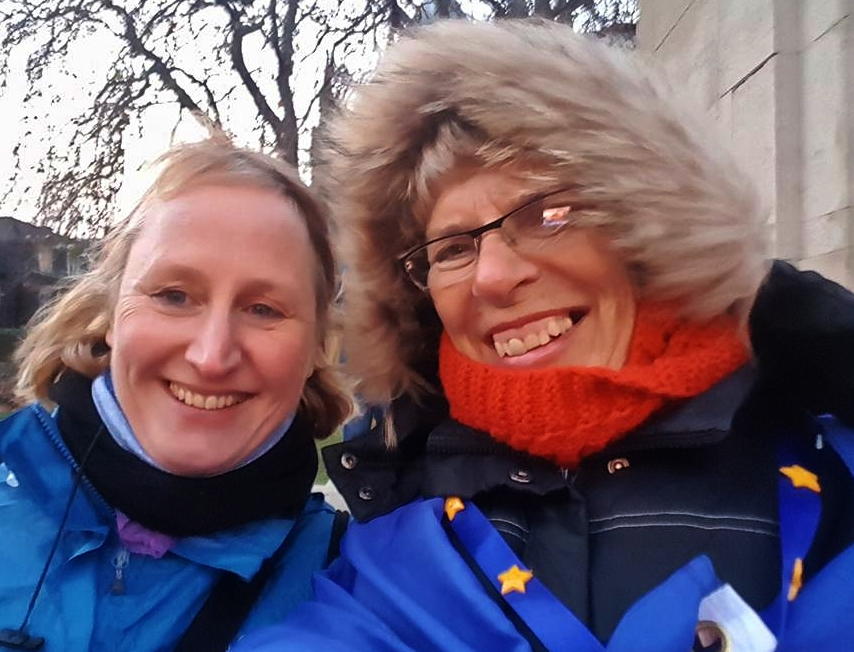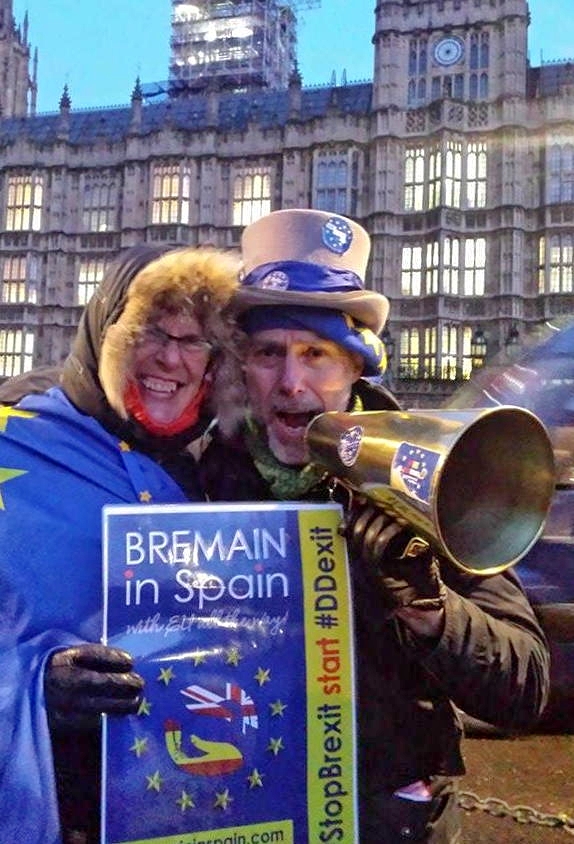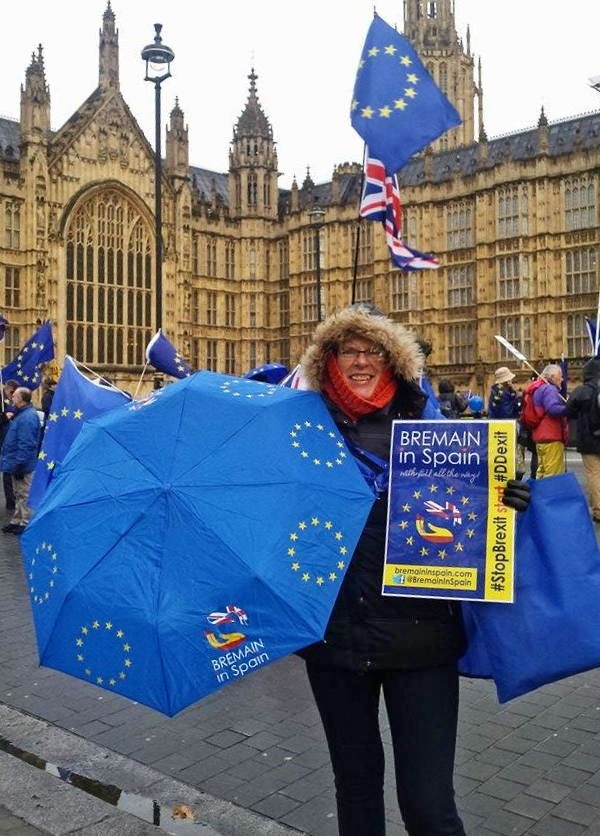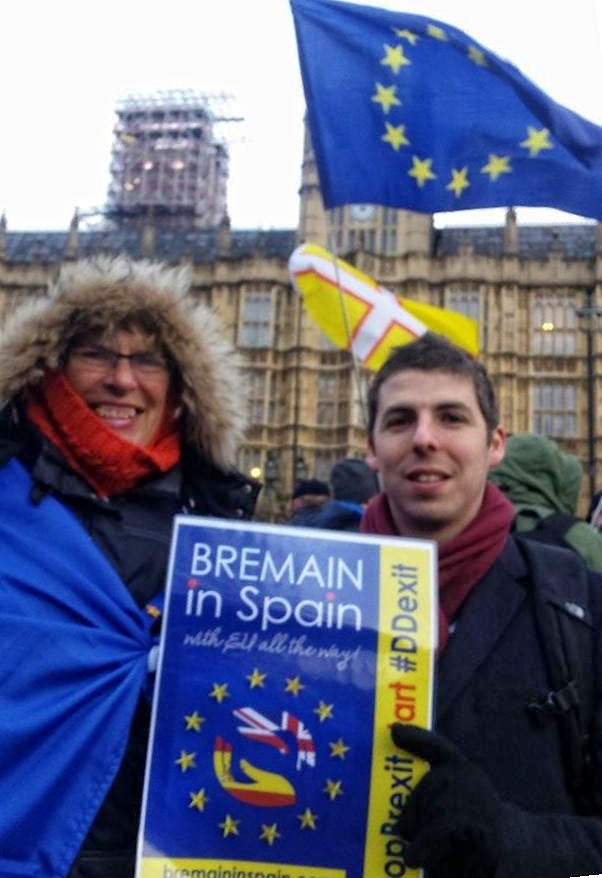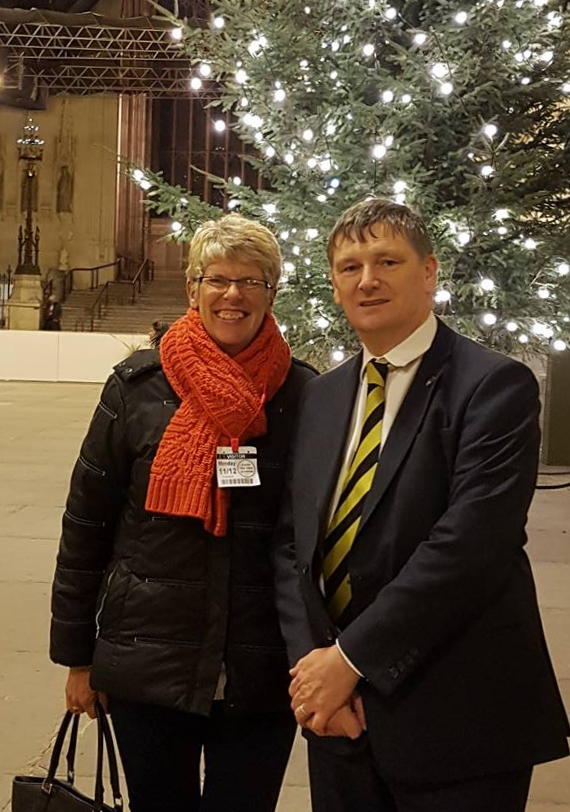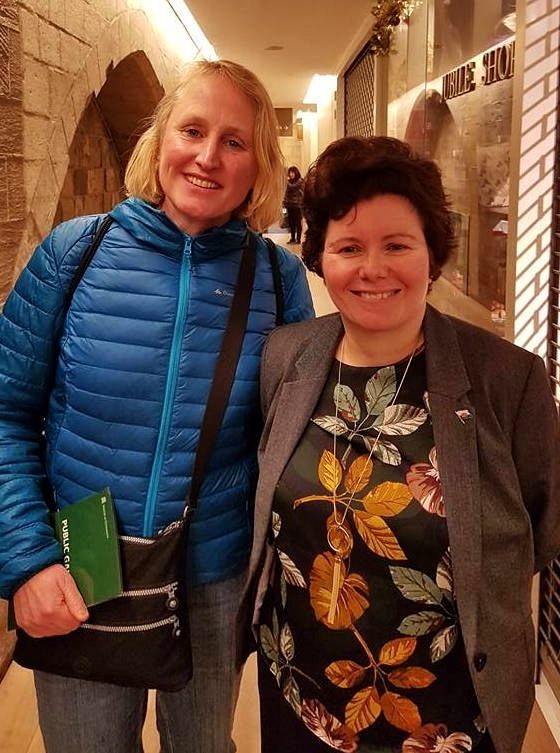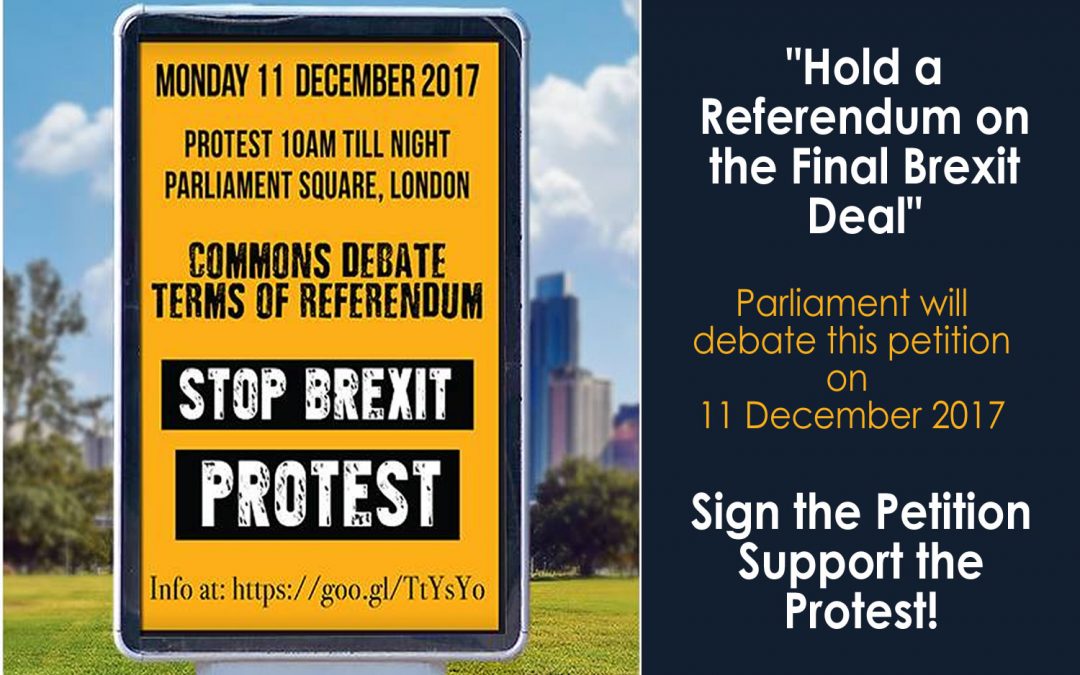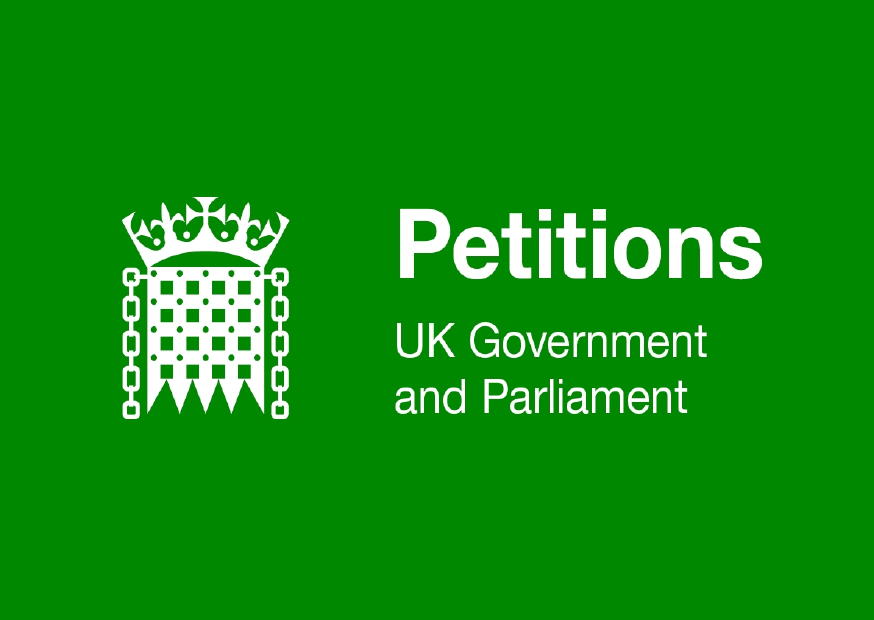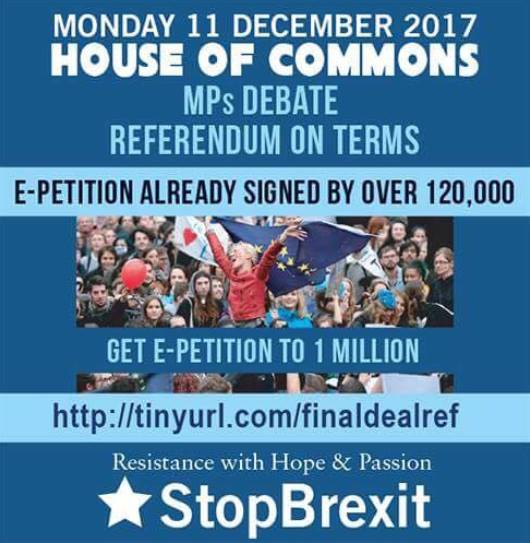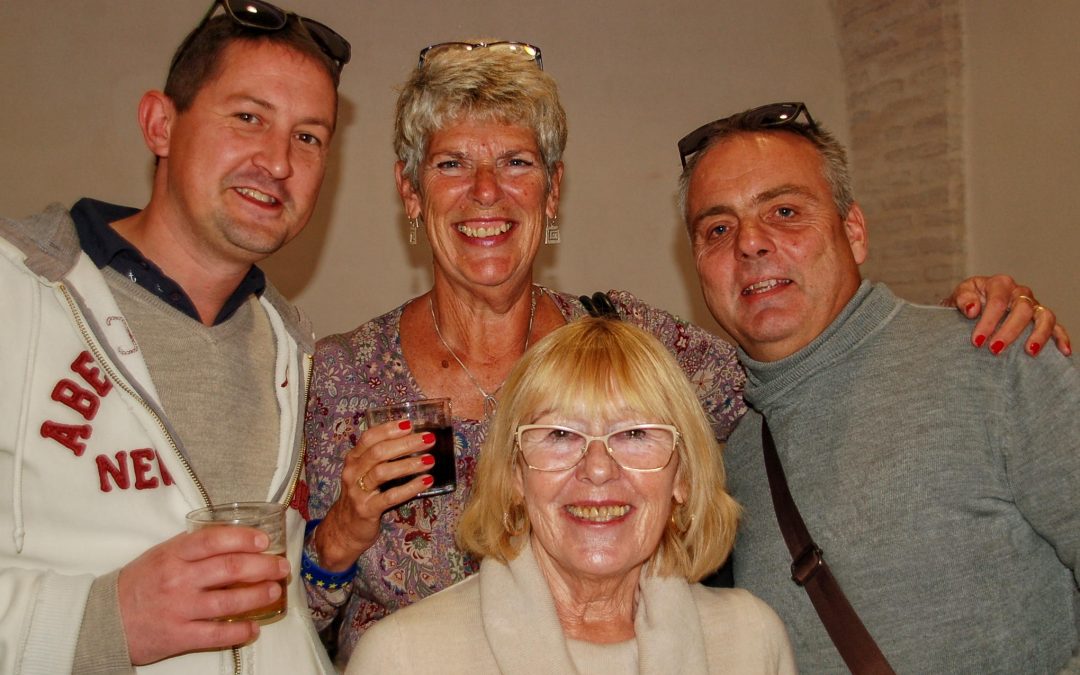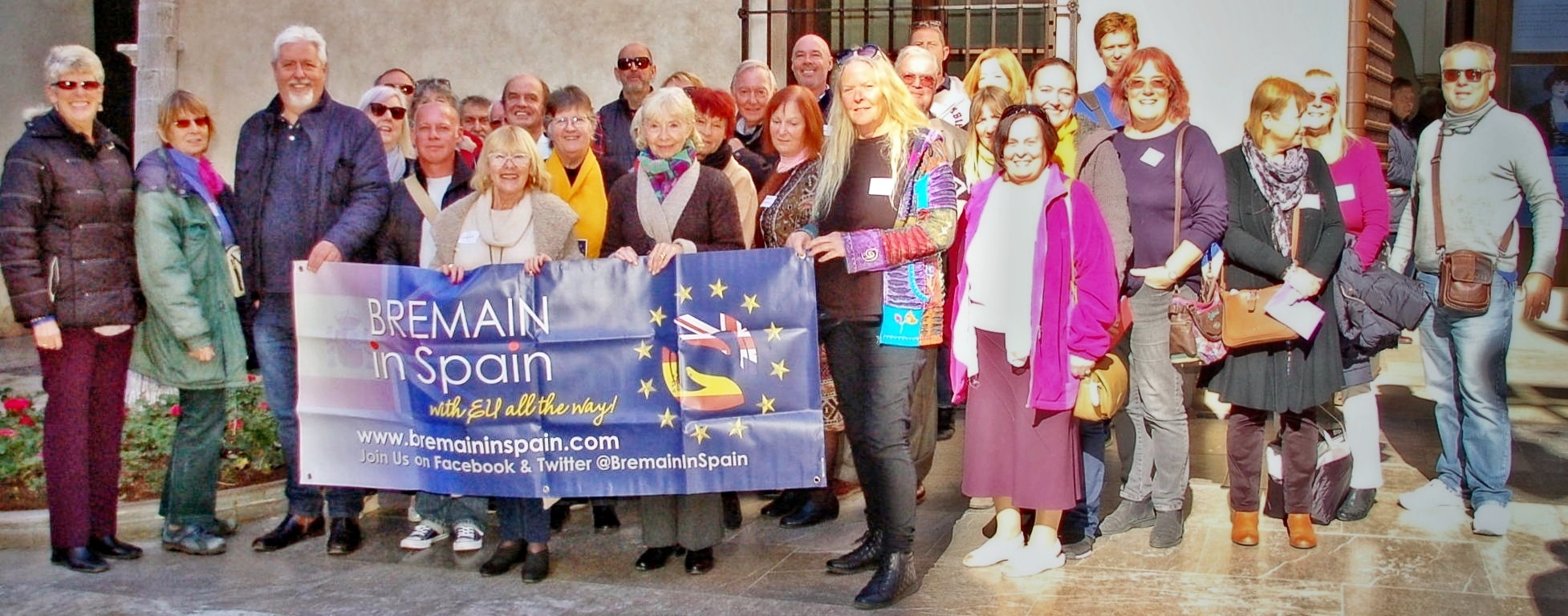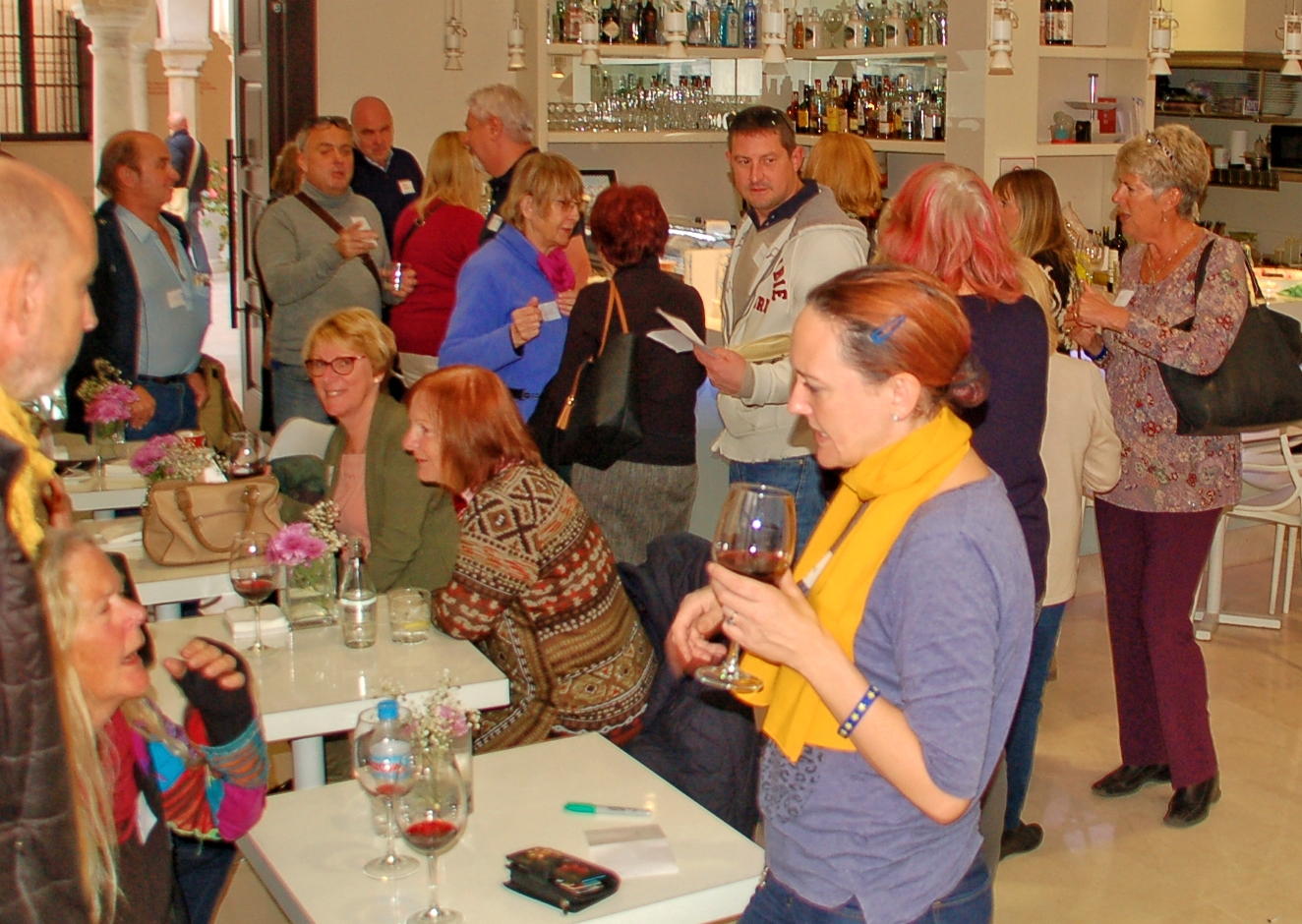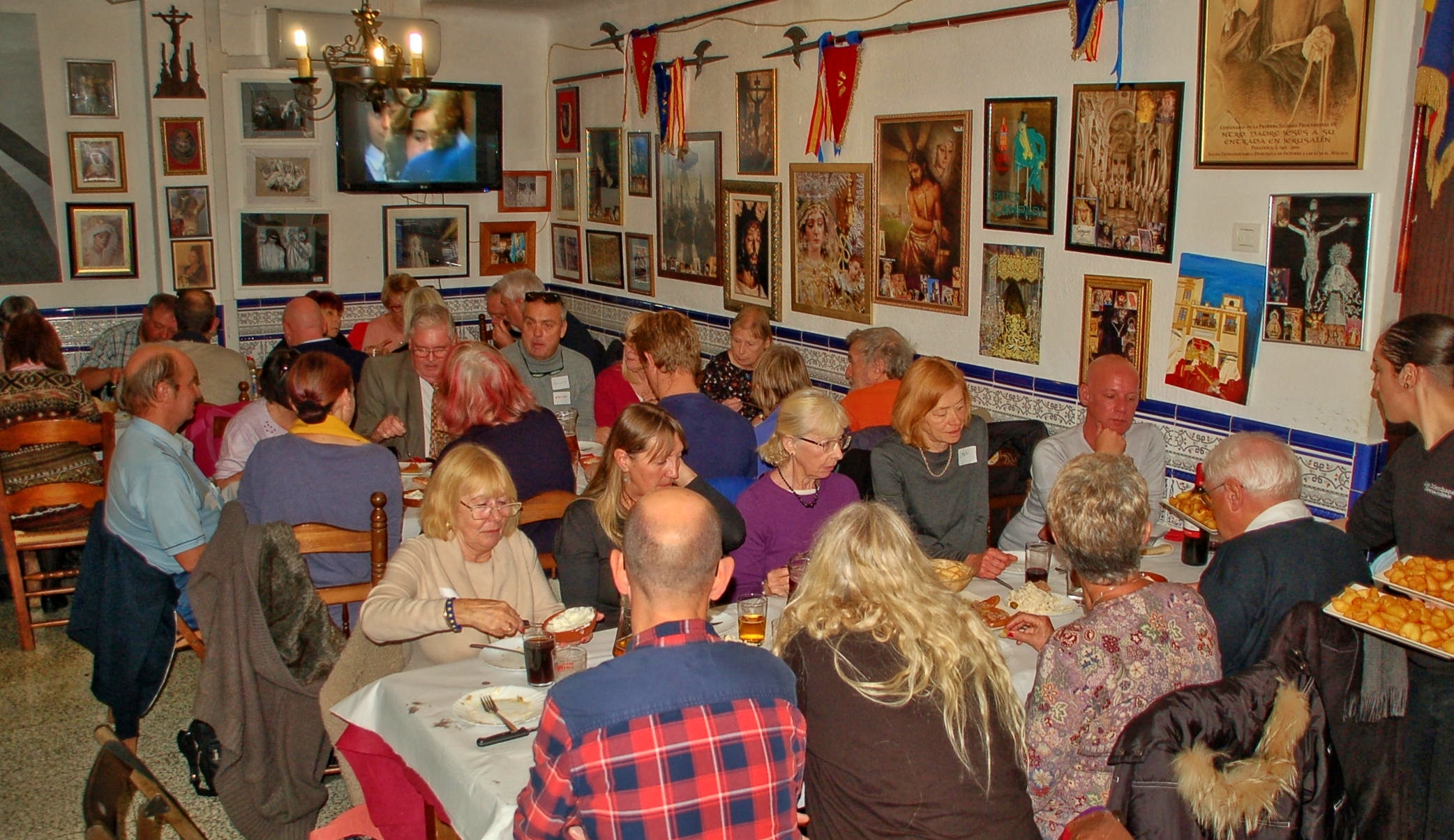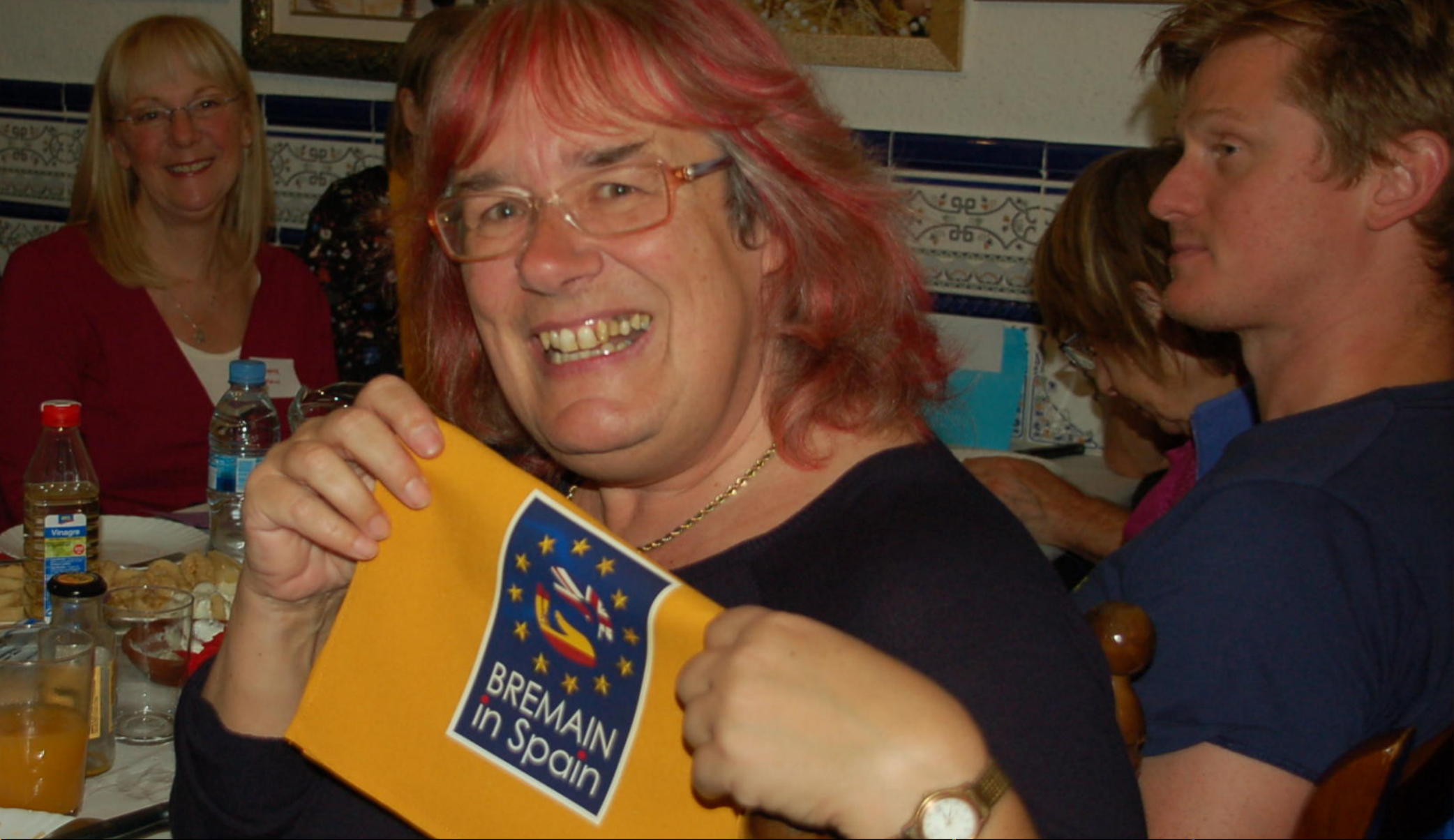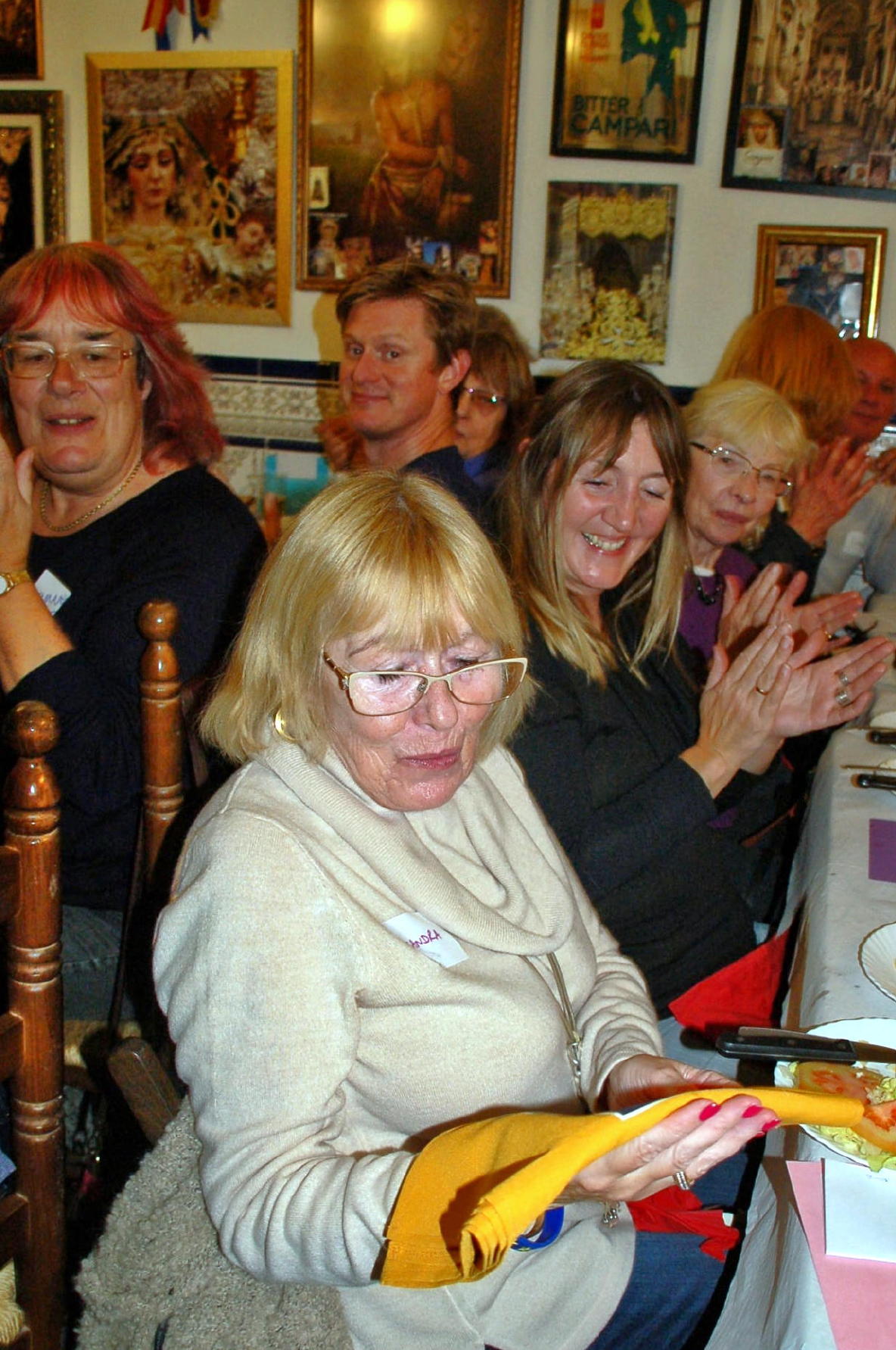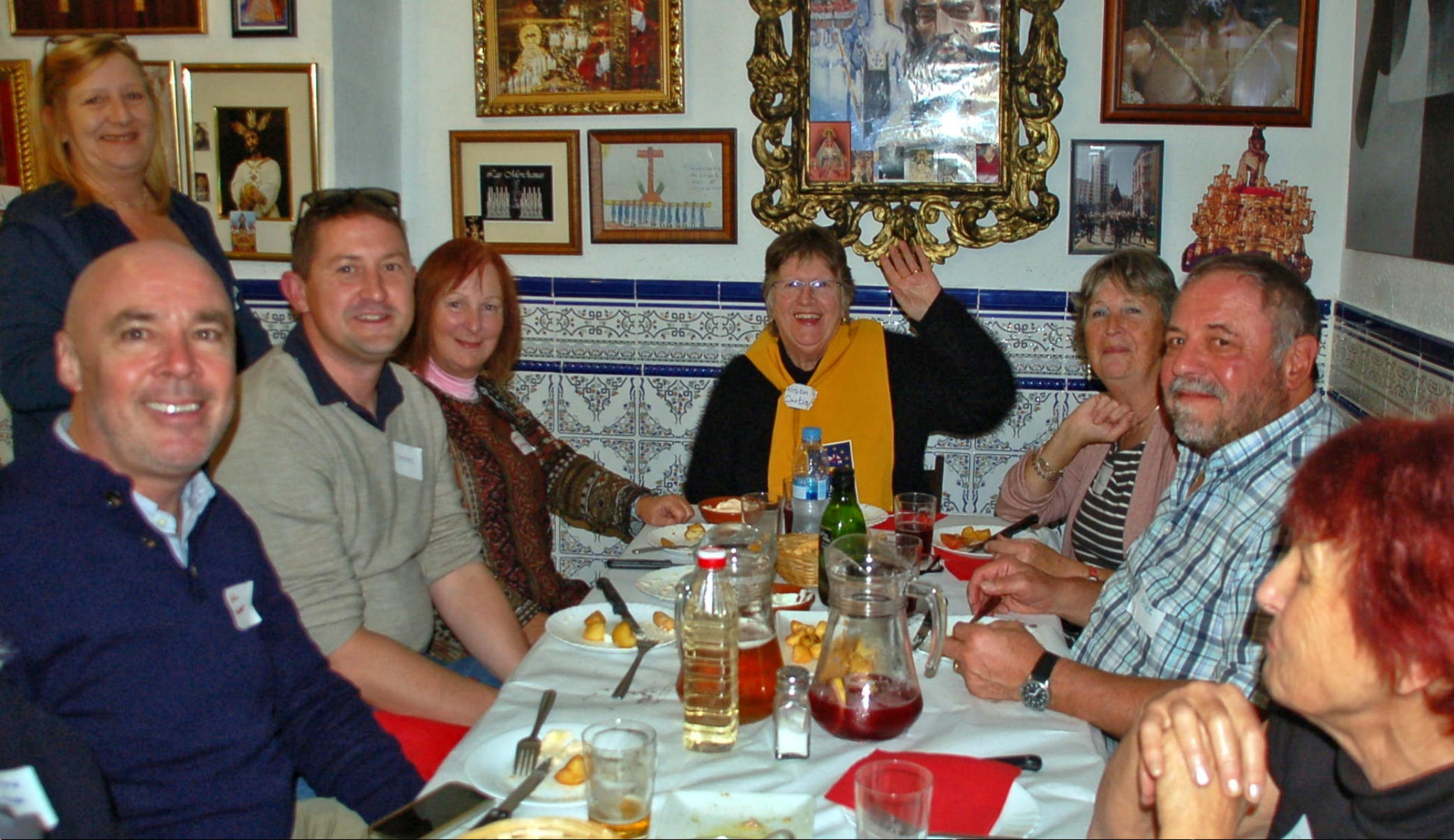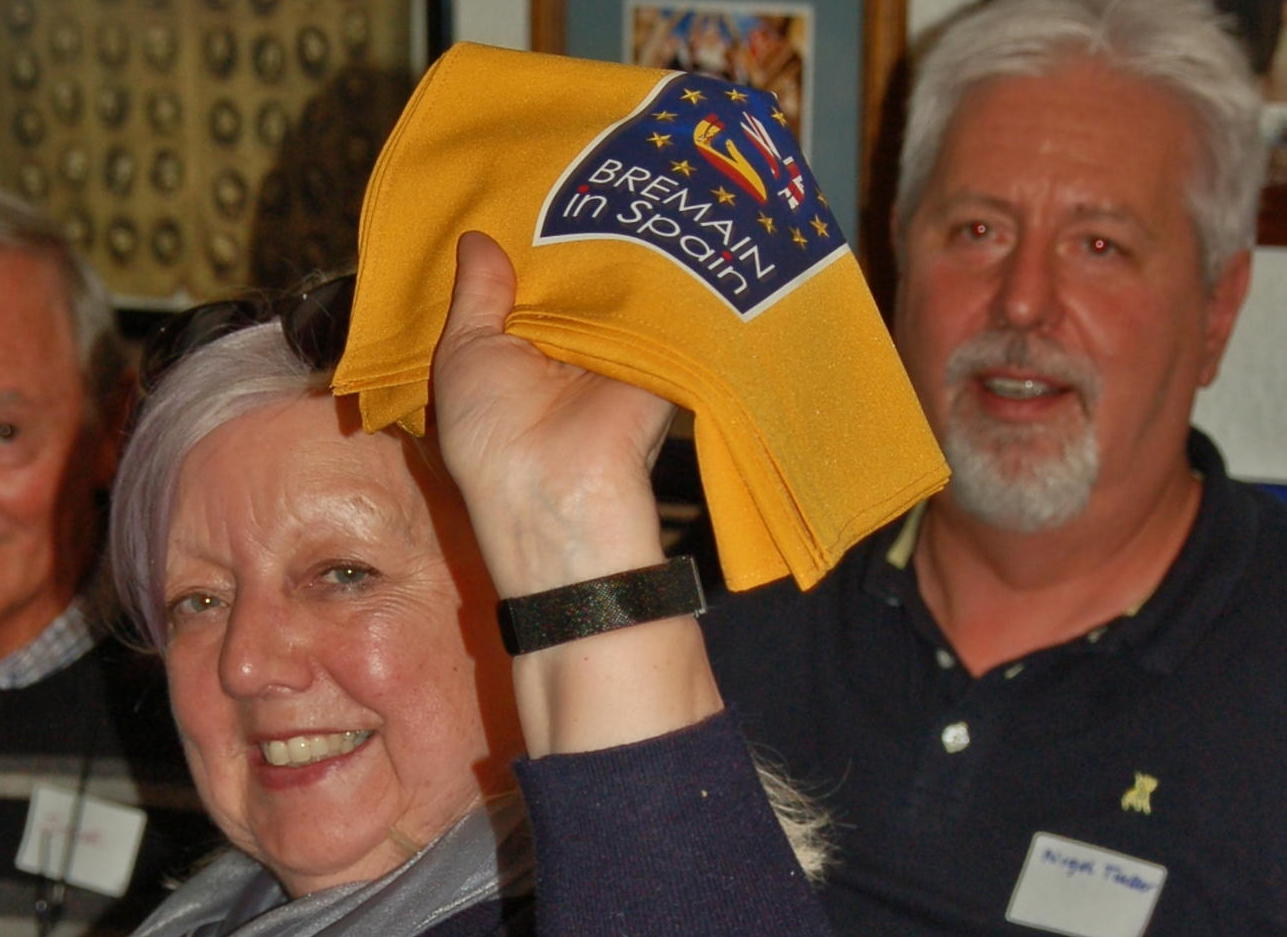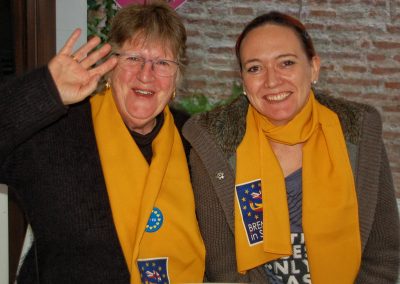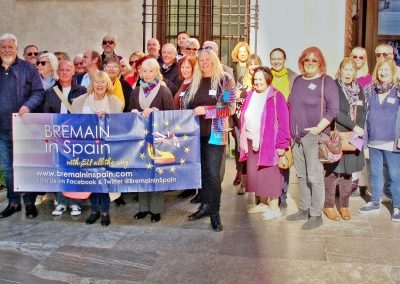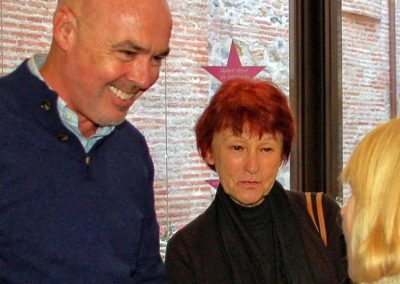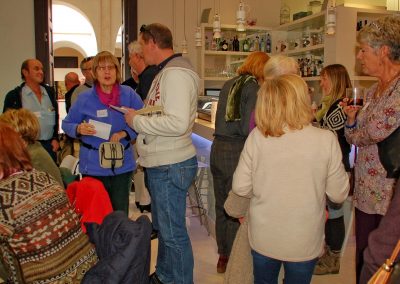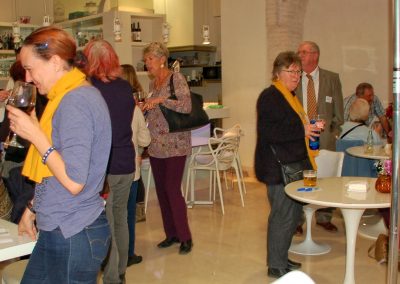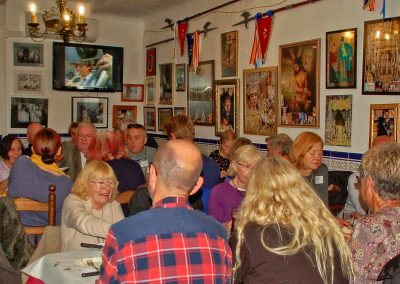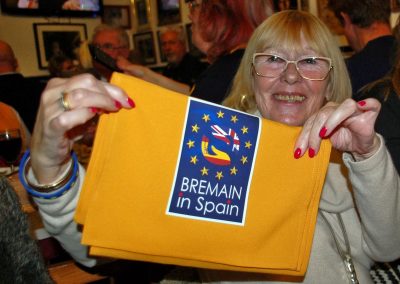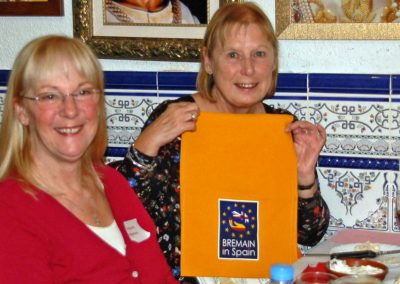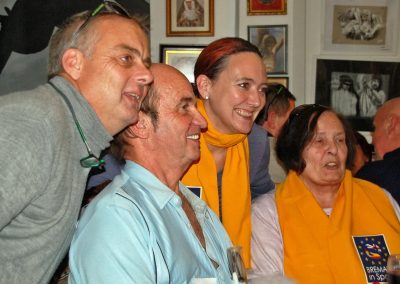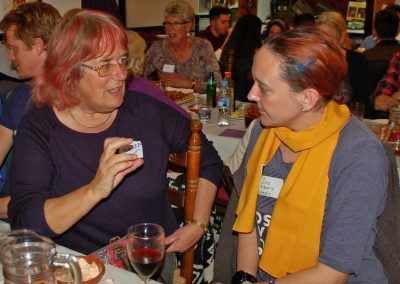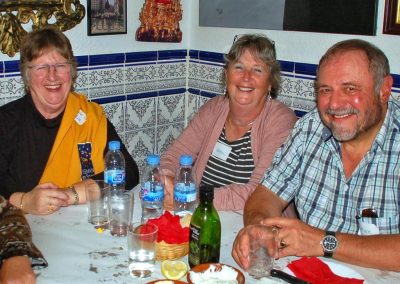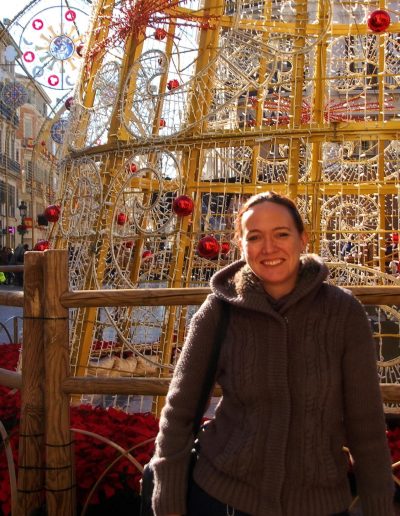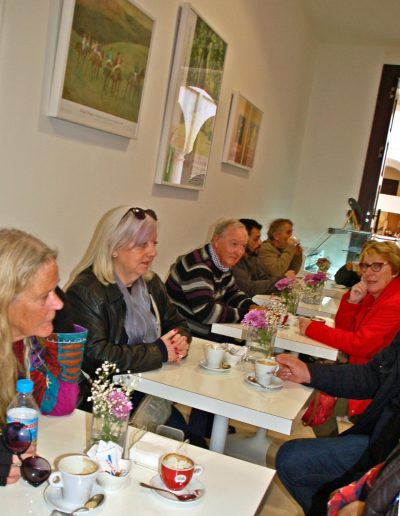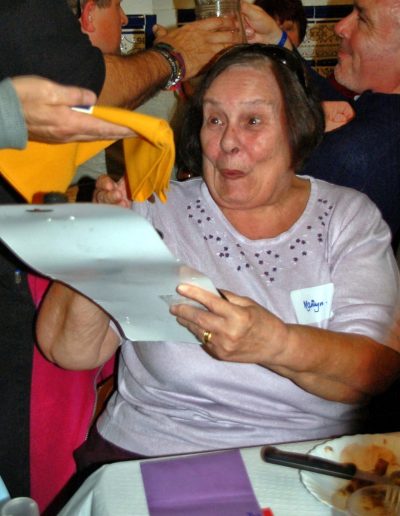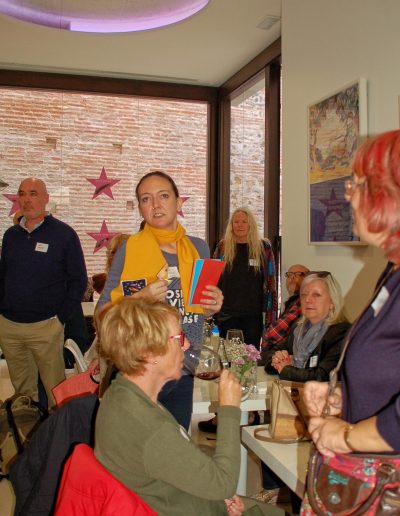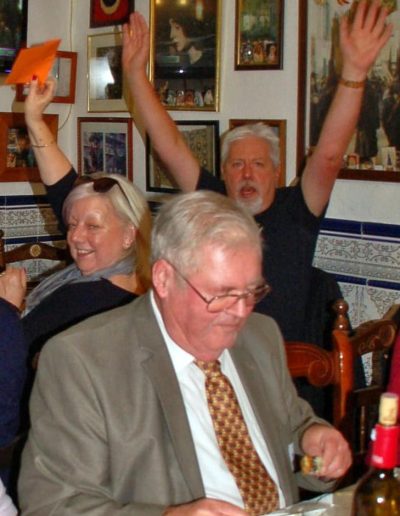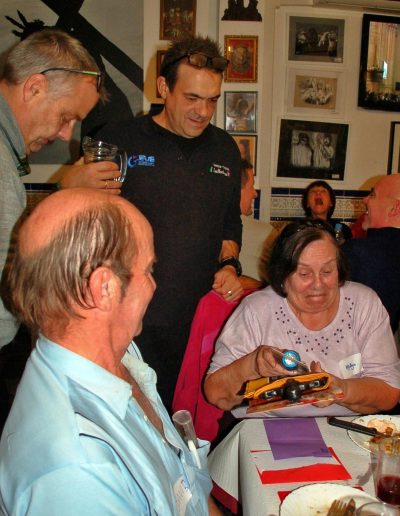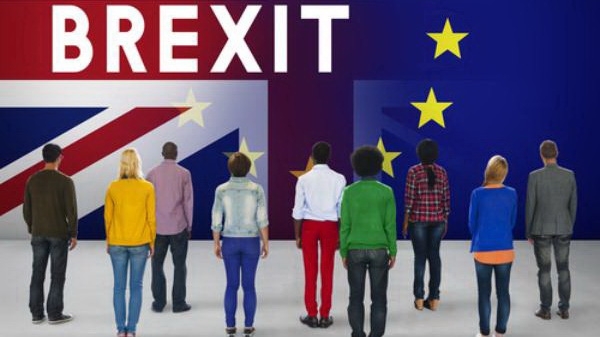British in Europe and the 3Million:
Citizens’ Rights: The road to a satisfactory comprehensive agreement
Introduction
We are at a critical moment in the negotiations between the UK and the EU. The European Council, at its meeting on 19-20 October, did not certify that there had been “sufficient progress” to enable the talks to proceed to Phase 2. The3million and British in Europe have followed the negotiations on citizens’ rights closely from the outset, making detailed and reasoned submissions after each round. In this paper we analyse what we see as the major stumbling blocks to reaching an agreement on citizens’ rights. We then set out what we see as a potential road map to overcome the impasse. We hope this will stimulate further dialogue between the negotiating parties with a view to finding a comprehensive agreement to protect all of our rights.
The target
In speeches in Florence both M. Barnier (5 May 2017) and Mrs. May (22 September, 2017) have committed to ensuring that “Brexit does not alter the nature of people’s daily lives.” This should be the core test by which the position of each side should be judged.
Why has a comprehensive agreement not been reached to date?
How the negotiations unfolded
The first offer came from the EU. They made a principled proposal, which on the face of it encapsulated the aim of M. Barnier and Mrs. May. If the UK had simply accepted this offer, the negotiations would have gone on to clarify the detail and we believe that a deal would have been done by now, preserving all our interrelated rights.
The UK did not take that course, however. In an unusual approach to a negotiation, they ignored the offer made by the EU some weeks earlier and simply made their own offer. Furthermore, the UK made it clear from the outset that they regarded even the Citizens Rights chapter as a matter for standard commercial negotiation. They made a low offer in what must have been the certain knowledge that they would have to raise it. They have indeed since made a number of concessions, but they still have a long way to go.
Unfortunately, the EU’s reaction to this approach appears to us to have been to harden its line. As we demonstrate below, it drew an artificial and erroneous distinction between the rights of citizens covered by the Withdrawal Agreement (“WA”) and the future relationship between the UK and the EU; and adopted a rigid and inflexible approach to the application of EU law to the unprecedented situation of a Member State leaving the Union.
Stumbling blocks for the UK
In looking at the arguments deployed by each side we start by identifying two major stumbling blocks in the UK approach and demonstrating why they are flawed.
The first is a refusal to accept the simple continuation of the existing system of EU residence rights and instead an insistence on requiring EU nationals to be brought under UK immigration law where ‘leave to remain’ is granted to ‘applicants’. This is a fundamental principle of the UK proposal for ‘settled status’ and without it, their proposal would be completely unworkable. This principle, however, is fundamentally different to the concept of citizens’ rights in the EU. Continuing with the ‘settled status’ model will not lead to a comprehensive protection of citizens’ rights. This is because ‘settled status’ is inherently a far lesser offer for EU citizens in the UK (EUinUK) and if applied would result in major changes in their daily lives. We argue the immigration law approach taken by the UK is wrong for a number of reasons.
- This approach exposes EUinUK to the need to apply (again) not for confirmation of rights but instead a grant of ‘leave to remain’ in the UK, to do so under a new and untried system, within a ‘hostile environment’ run by a department with a history of erroneous decision making, quite possibly (because the UK has never stated the contrary) without any right of appeal to court or tribunal, and with new checks for conduct and crime which are completely inconsistent with those under which they moved across the Channel. There are daily new reports of the unjustness of the Home Office, including a recent article[1] by Bail for Immigration Detainees about the growing number of EEA nationals being detained and removed.
- The reason given for wanting to set up a new set of immigration rules is that “the UK will no longer be subject to EU law”, but there is no reason why aspects of EU law should not continue to apply with appropriate UK implementing legislation. This is after all what the UK itself has said from the outset in relation to healthcare – “the UK will seek to protect the healthcare arrangements currently set out in EU Regulations and domestic law.” Moreover, it is the approach of the Government’s EU (Withdrawal) Bill to continue to apply existing EU law save where it is specifically disapplied.
The second barrier to agreement is the argument, used to justify a restriction on the right to bring an ageing relative to live with one and the right to bring a future spouse, that the rights of EU citizens in the UK should be no better than those of UK citizens. The flaw in this argument is that the ageing relatives of most UK citizens in the UK live in the same country and the majority marry fellow-nationals. So there are no restrictions on them. When EU citizens moved across the Channel or Irish border the “territory” within which they had rights of family reunification and to bring a spouse extended to the entire EU28. People do think of these things before moving, and if an EU27 citizen is no longer able to bring a parent to live with them when they need care or a spouse from outside the UK, their lives will not be the same. And of course UK citizens living in the EU (UKinEU) will be similarly affected either by not being able to return to live in the UK with their EU relatives, or by the EU imposing similar restrictions through reciprocity.
Regrettably, thus far the EU and UK’s positions have largely been to tinker with the mechanics of the UK’s ‘settled status’ offer. Both have failed to agree an alternative solution truly embracing EU citizenship in order to protect all existing rights of EUinUK and UKinEU.
Stumbling blocks for the EU27
Turning to the EU, we identify three elements of their reasoning which have induced a highly restrictive approach, in our view unhelpfully.
First, the EU drew a flawed distinction between the rights of citizens who have already moved and the future relationship between the UK and the EU. This led it, for example, to refuse to discuss the position of present posted workers, to cut off at Brexit the freedom of movement rights of UK citizens now in the EU, including to work, and to limit dramatically the recognition of professional qualifications upon which people already depend to earn their living, as well as the scope of economic rights. This part of the negotiation is meant to be about the rights enjoyed by individual UK citizens in the EU and individual EU citizens in the UK at Brexit. Therefore, any issue that may affect these rights, thus potentially disrupting people’s daily lives and their livelihoods, should be included in discussions at this stage of the negotiation. The EU’s current stance on excluding matters of vital importance to individuals will not ensure that our rights are protected.
Second, the EU’s position that UKinEU should have no right of freedom of movement after Brexit, reflected also in its stance on cross-border working and recognition of qualifications plus economic rights, is inconsistent with Art. 21(b)(i) of the Negotiating Directives which aims to preserve “the residence rights and rights of free movement derived from Articles 18, 21, 45 and 49 of the [TFEU] and set out in Directive 2004/38”. The EU’s stance respects UKinEU’s established rights of residence in the country of residence but denies UKinEU any right of free movement outside the country of residence at Brexit, although residence and freedom of movement are a composite right conferred by Art. 21.
This position is based on an outdated idea of a “job for life” – i.e. a young person gets a job in another country, moves there, works there and retires there. But today, individuals frequently move jobs and countries and thereby improve the performance of their employer, or of their own business, and those countries. This flexibility is a vital element of the EU’s success and many UK citizens have worked in a number of EU countries in reliance on it. At the same time people’s skill sets are increasingly specialised, so the opportunities available in any one State are more limited than they were. A UK citizen working in, say, Luxembourg needs to be able to work in other countries if their present job ceases to exist or is moved or if they want to enhance their career.
Third, in attaching excessive importance to preserving the integrity of its laws, the EU is failing to recognise the unique and unprecedented circumstance posed by a Member State leaving the Union. This calls for a more pragmatic and constructive approach by the EU precisely in order to fulfil the underlying purpose of those laws.
A good example is the 2-year rule, under which a person with permanent residence in a State loses that right if s/he is absent for two years. In the context of EU28 citizens having automatic rights of residence in any State, leaving for 3 years to look after an ageing parent is not catastrophic: that person can return home and build up permanent residence again. Take away that context and a person who leaves home for more than 2 years for any reason will be unable to return. An adjustment of the rule for those covered by the WA is therefore necessary if our daily lives are not to change. This is not about changing the EU’s laws but simply about modifying their application to the finite group of citizens presently affected. It appears that the UK has offered to grant an unlimited right to return to EU citizens in the UK in exchange for freedom of movement for UK citizens within the WA, – if this is confirmed, it should be accepted immediately. This proposal would ensure reciprocity so that EU citizens in the UK and their children and family members would have the unlimited right to return to the UK, and UK citizens in the EU with their children and family members would continue to enjoy their existing rights of free movement across the EU 27.
Another example is the EU’s rejection of the UK proposal to include in the WA specific commitments that, in judging whether at Brexit EU citizens had the necessary residence to be covered by the Agreement, the UK would no longer refuse those who did not have sickness insurance or, if working, a minimum income level. This is because neither condition is required under UK immigration law. What we have asked, however, is for an acknowledgment from the UK that access to the National Health Service fulfils the CSI (Comprehensive Sickness Insurance) requirement in the UK – as set out by the European Commission in 2012 – and that this be codified in the WA. Unless this is the case, unilateral assurances by the present government of the UK lack the force of international law and EUinUK would be at the mercy of a future administration with different views.
Roadmap for reaching a satisfactory agreement on Citizens’ Rights
Moving the negotiations in a positive and constructive direction for genuinely protecting citizens’ rights will require a concerted political effort. In order to achieve this before the December European Council we set out a practical and achievable roadmap for expediting talks between the two negotiating teams.
Ensure “sufficient progress” and ring-fencing are effective safety nets for citizens
It is of paramount importance that a comprehensive agreement protecting our rights, not just any agreement, be reached on all the issues outlined above, well before the EU27 may deem that “sufficient progress” has been made at the European Council in December allowing the talks to move to Phase 2. This includes clarity as regards the registration procedure and criteria to be applied by the UK to EU citizens in the UK.
The test of “sufficient progress” is an essential protection for EUinUK and for UKinEU. If the discussion moves on to matters outside Phase 1 before there has been complete agreement on all the key issues under the Citizens’ Rights chapter, there could then be horse-trading of, say, recognition of qualifications in exchange for some aspect of market access by either side. If that happens we will be bargaining chips in the full sense of that phrase. Moreover, in order to prevent that from happening, any agreement reached on Citizens’ Rights must be protected so that it cannot be opened up later for use as leverage to gain some collateral benefit. The current state of the negotiations poses a clear risk of there not being any agreement on all the Phase 1 issues.
Agree a workable alternative to ‘settled status’
We believe that the negotiations have not yet put forward a workable solution as regards the rights of EU citizens in the UK that embraces the principle of EU Citizenship. Hence, the3million have put forward a satisfactory and workable alternative to ‘settled status’ in their paper entitled “The alternative to current proposals for EU citizens living in the UK before Brexit.”[2]
This proposal departs from the UK’s flawed attempt to fit EU citizens under existing immigration rules. Instead it sets out a map to protect all existing rights of EU citizens in the UK including the right to family reunification. It argues that the rights of EU citizens living in the UK can only be protected by a UK-EU Treaty, subsequently implemented in the UK via a Withdrawal Citizens Rights Act which sets out a status, independent of UK immigration law, to cover this finite group of people. This Act must allow for direct effect and referral to the CJEU. The EU is correct to demand that the rights of EUinUK under the WA be subject to ultimate decision by the CJEU to ensure consistency of decision-making and so that EUinUK have equal protection with UKinEU.
Confirm a solution on free movement and the 2-year rule providing reciprocity in practice
The negotiations are also some way short of a workable solution, as regards the rights of UK citizens in the EU, that embraces the principle of EU Citizenship. As explained above, our view is that an agreement on continuing free movement rights to reside and work across the EU 27 for UKinEU and a lifelong right to return to the UK for EUinUK should be reached. This will ensure a solution that is reciprocal in practice, allowing UKinEU and EUinUK to continue to circulate in the EU27 and UK post Brexit as they are able to do now. This would solve the issues raised above concerning the 2-year rule for all citizens. The UK also needs to relax for the specific group of UKinEU covered by the WA the rules restricting the family members UKinEU can bring with them if they decide to return to the UK: the present restrictions would prevent many UK citizens returning to the UK with spouses they have lived with for years.
Accelerate convergence on other outstanding essential matters
In order to achieve “sufficient progress” on Citizens’ Rights under Phase 1 further movement will be required by both negotiating parties on the following essential matters (which we have already dealt with extensively in our previous submissions). The position on the first two issues appear to be directly linked to the EU’s position on free movement referred to above:
- Professional qualifications: mutual recognition of qualifications should be confined to those who have been residing or frontier-working away from their country of origin at Brexit but otherwise should not be restricted to the country of residence, work or individual recognition-decision; recognition of professional qualifications, whether generic or individual-specific, should apply across the EU28 and a professional who has practised under his/her home title should continue to be allowed to do so. Degrees obtained post-Brexit by EU27 students in the UK and vice-versa (including GB passport holders who have lived in the EU27 and vice versa) should be recognised.
- Economic rights: Again, economic rights such as the right of establishment as a self-employed person or to run a business should continue to apply across the EU for those who are exercising freedom of movement pre-Brexit.
- Voting rights: a right to vote in local and European Parliamentary elections is an essential aspect of the right to live in a democratic country and the EU should concede it.
- Export of benefits: the UK should not limit the right to export benefits to those currently being exported (pensions and health benefits of course excepted as agreement has been reached on these).
- Children born to citizens after Brexit should have life-long rights; however, these cannot be passed on to future generations.
Ultimately, the UK and the EU should acknowledge that, given that the UK will no longer be part of the EU, reciprocity in real life between EU citizens in the UK and British citizens in the EU may require partially different legal solutions. This will therefore require a certain degree of flexibility from both parties achieved through a constructive political agreement.
30 October 2017
[1] http://www.theneweuropean.co.uk/top-stories/cruel-unjust-immigration-centres-1-5249434
[2] British in Europe support and endorse this paper of the3million, as regards the proposals for UKPR and UKTR as an alternative to settled status in the UK, and all the points set out in this summary below of the paper.
